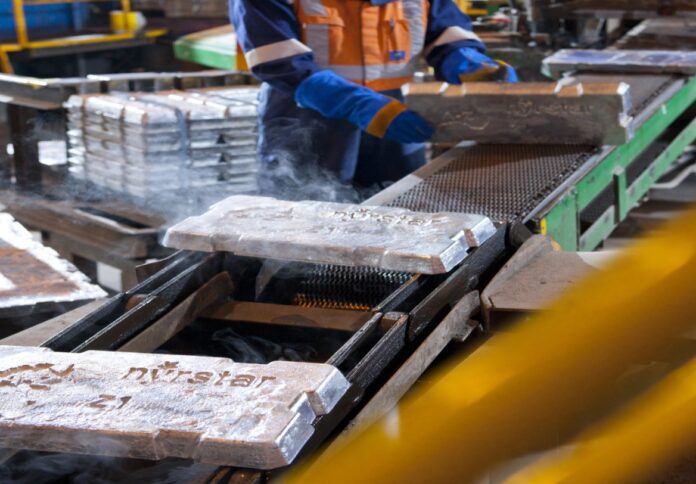
Nyrstar, a global producer of critical minerals and metals, has welcomed the announcement of Australia’s new Critical Minerals Strategy, highlighting the urgent need of recognising zinc’s contribution to the nation’s critical minerals vision.
In a news release, Nyrstar said securing Australia’s energy transition has advanced significantly as a result of the government’s attention on bolstering essential mineral processing.
Significant progress has also been made in safeguarding Australia’s energy transition as a result of the government’s emphasis on bolstering Australia’s processing of key minerals and the priority given to upgrading the current key Minerals List to take into account global strategic shifts.
Furthermore, Nyrstar said it is appropriate to acknowledge that critical mineral industries might require interim assistance to produce the metals needed for Australia’s low-carbon future.
Nyrstar’s Co-CEO, Dale Webb, said that “the world is seeing a disruption in traditional markets for commodities like we have not seen before.”
Webb added that the Critical Minerals Strategy’s fresh and welcome emphasis on processing as a crucial component of Australia’s critical minerals ambition demonstrates that disruption calls for a different strategy.
“A step-change in the growth of critical minerals and metals processing would be significant in ensuring Australia moves beyond a traditional extract and export approach to resources,” he said.
The Nyrstar official remarked that expanding current infrastructure and modernising metals processing with a specific focus can help ensure the steady supply of minerals and metals needed to produce low-emission technologies while also maximising the economic return on Australia’s resource extraction.
This month, Nyrstar released a white paper highlighting the unique opportunity this presented Australia to increase its processing of strategic metals and become a global leader in critical minerals.
The paper also highlighted the significant impact that renewable energy growth was having on international markets for metals.
According to a recent white paper by Nyrstar, if Australia immediately added zinc and other industrial metals to an essential minerals list, as the US, Canada, and Korea have done, it would benefit from the enormous surge in demand for metals caused by low-emission technologies.
Research cited in the whitepaper also showed that the yearly demand for zinc will increase globally by 20 per cent from its current level by 2030.
“Australia needs to go beyond investing in the supply of traditional battery materials and explore the full range of renewable energy technologies and the type and volume of minerals and metals that their growth will demand,” Webb said.
He added, “Zinc is one of those metals that is playing an increasingly important role in the world because of its requirement in the development of renewable energy technologies and its ability to unlock other critical minerals like germanium and indium.”
Webb said the Nyrstar team is looking forward to contributing to the review of Australia’s Critical Minerals List.
However, he urged Australia to act swiftly since essential metals critical to achieving renewable energy growth are being depleted at an increasing rate, while supply is becoming increasingly concentrated in just a few countries.
















